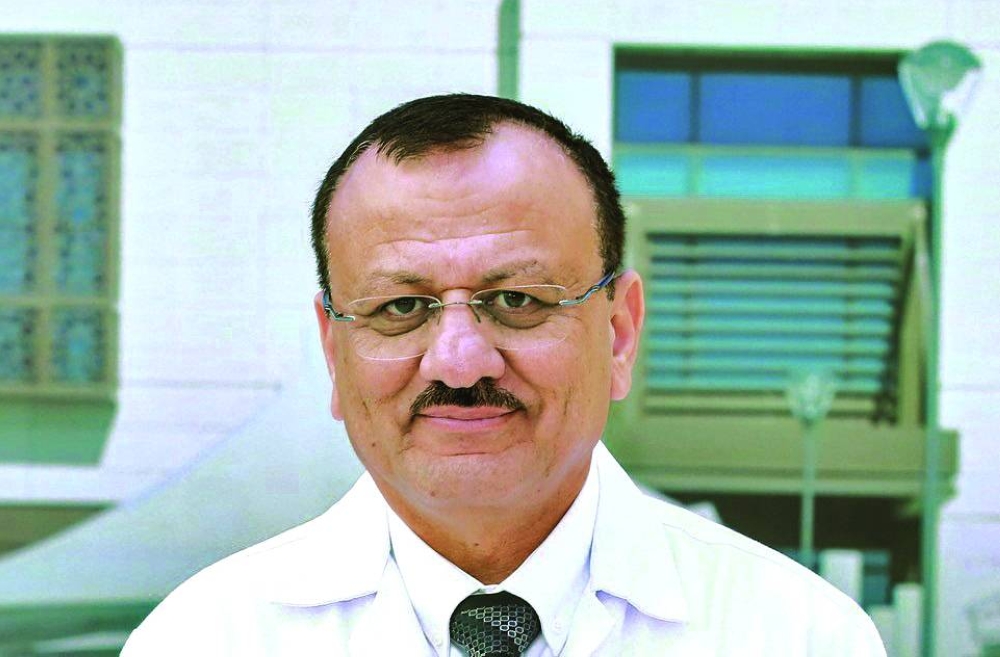The Primary Health Care Corporation ( PHCC) is rising awareness about asthma as World Asthma Day, is marked every year in May.
Dr Mohammed al-Otaibi, family medicine consultant at Leabaib Health Centre, has highlighted the genetic impact of asthma, which explains its higher prevalence in communities where consanguineous marriage is common. In addition to genetics, there are various environmental factors that contribute to asthma attacks, including air pollution, smoking, dust, humidity, and certain odours like Bakhoor, animal dander, bird feathers, certain plants and pollen grains. Respiratory illnesses and colds also play a significant role in triggering asthma; however, the impact may vary from one person to another.
Dr al-Otaibi clarified that asthma preventive actions can be pharmaceutical or non-pharmaceutical. The non-pharmaceutical measures include avoiding asthma triggers, while pharmaceutical prevention involves the use of specific medications prescribed by the physician, such as corticosteroid inhalers, prior to or at the beginning of the anticipated season of asthma attacks.
The signs that necessitate medical attention are crucial because asthma attacks can have serious consequences if signs of danger are not recognised, requiring prompt medical intervention. The most important signs of danger include absence of response to bronchodilators, whether administered through an inhaler or a nebuliser, as well as heightened breathlessness, rapid breathing, inability to speak or move, feeling fatigue, and other symptoms that individuals and caregivers should remain vigilant about.

Dr Mohammed al-Otaibi
